The field of linguistics continues to attract global attention as students and researchers seek to understand language, culture, and communication in an increasingly interconnected world. In 2025, some of the most prestigious universities stand out as leading destinations for linguistics education, offering programs that combine tradition, innovation, and cutting-edge research. This ranking of the top ten best schools to study linguistics worldwide highlights institutions renowned for their strong academic foundations, diverse faculty expertise, and opportunities for international students to engage in advanced research.
These universities provide access to modern resources, research centers, and interdisciplinary programs that connect linguistics with fields such as cognitive science, artificial intelligence, anthropology, and communication studies. They remain highly competitive and consistently appear in world university rankings for linguistics due to their academic excellence, graduate employability, and contribution to global research. Students benefit from vibrant learning environments where language studies go beyond theory and are applied to technology, cultural studies, and real-world communication challenges.
Whether one is interested in applied linguistics, sociolinguistics, psycholinguistics, computational linguistics, or historical language studies, these schools are recognized worldwide for setting the standard in 2025. This list will guide aspiring linguists to choose the best universities to study linguistics abroad, ensuring a strong academic path in one of the most dynamic and evolving disciplines.
Top Ten Best Schools To Study Linguistics In 2025 (World Wide)
10. University of Tokyo Japan

A major hub for East Asian language science, the University of Tokyo combines traditional philological strength with modern experimental methods. Programs bring together phonetics, syntax, historical linguistics and corpus based research across many Asian and world languages. Research groups investigate language acquisition, comparative grammar and sign language studies while collaborations with computational researchers expand opportunities in language technology and speech processing.
The graduate environment supports fieldwork and documentation projects that matter for endangered languages in the region, and courses often include rigorous statistical and corpus methods that prepare graduates for roles in applied linguistics and language data science. International students gain exposure to bilingual research settings and to Japan centric language policy scholarship that is increasingly relevant for global language planning.
For anyone researching computational linguistics or language typology in an Asia Pacific context, this department offers a unique combination of local language expertise and modern methods that boosts both academic and industry career paths.
9. University of Melbourne Australia
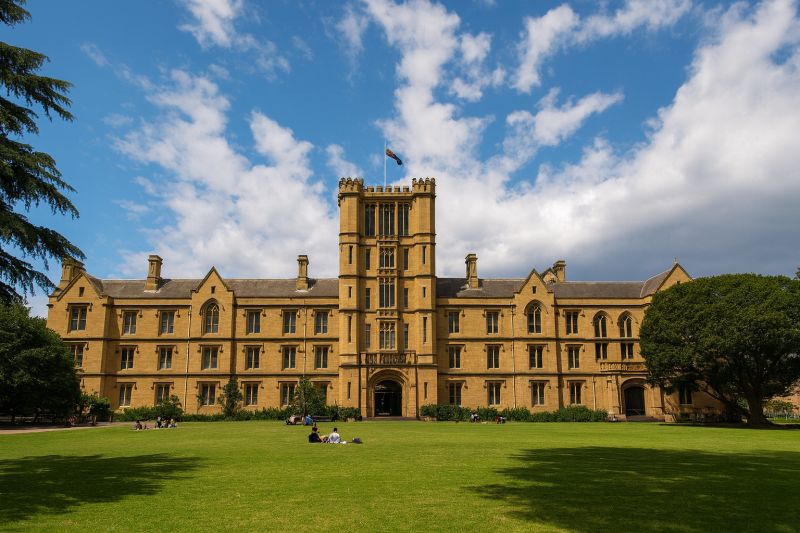
The University of Melbourne provides a comprehensive mix of language research, applied linguistics and language teaching scholarship with strong interdisciplinary links to cognitive science and education. Its linguistics and modern language programs emphasize empirical methods from phonetics and psycholinguistics to sociolinguistics and language policy. There is active work on bilingual education and second language acquisition that attracts researchers interested in multilingual classroom contexts across Asia and the Pacific.
Program design balances theoretical study with practical training in language assessment, corpus analysis and digital language resources. Industry partnerships and research centres support projects in language technology, voice science and accessibility which can lead to roles in language product development and educational assessment.
The campus research culture supports collaborative projects and public engagement, which helps graduates move into research institutions, educational organisations and tech firms focused on natural language processing and language learning applications.
8. University of Toronto Canada

Toronto’s linguistics community is strong across theoretical and experimental domains including syntax semantics phonology and language acquisition. The department is known for combining rigorous theoretical training with experimental labs and corpus based projects that support psycholinguistics and computational work. Canada’s bilingual context also gives students real world exposure to policy research in bilingualism and language planning.
Graduate programs offer hands on research opportunities in speech perception, morphological theory and computational methods for language modelling. Links with computer science and psychology make Toronto a fertile place for students who want to bridge human language science with machine learning and language technology development. With a high publication output and broad international collaborations Toronto consistently appears among the global leaders for linguistics research and training.
7. University of Amsterdam Netherlands
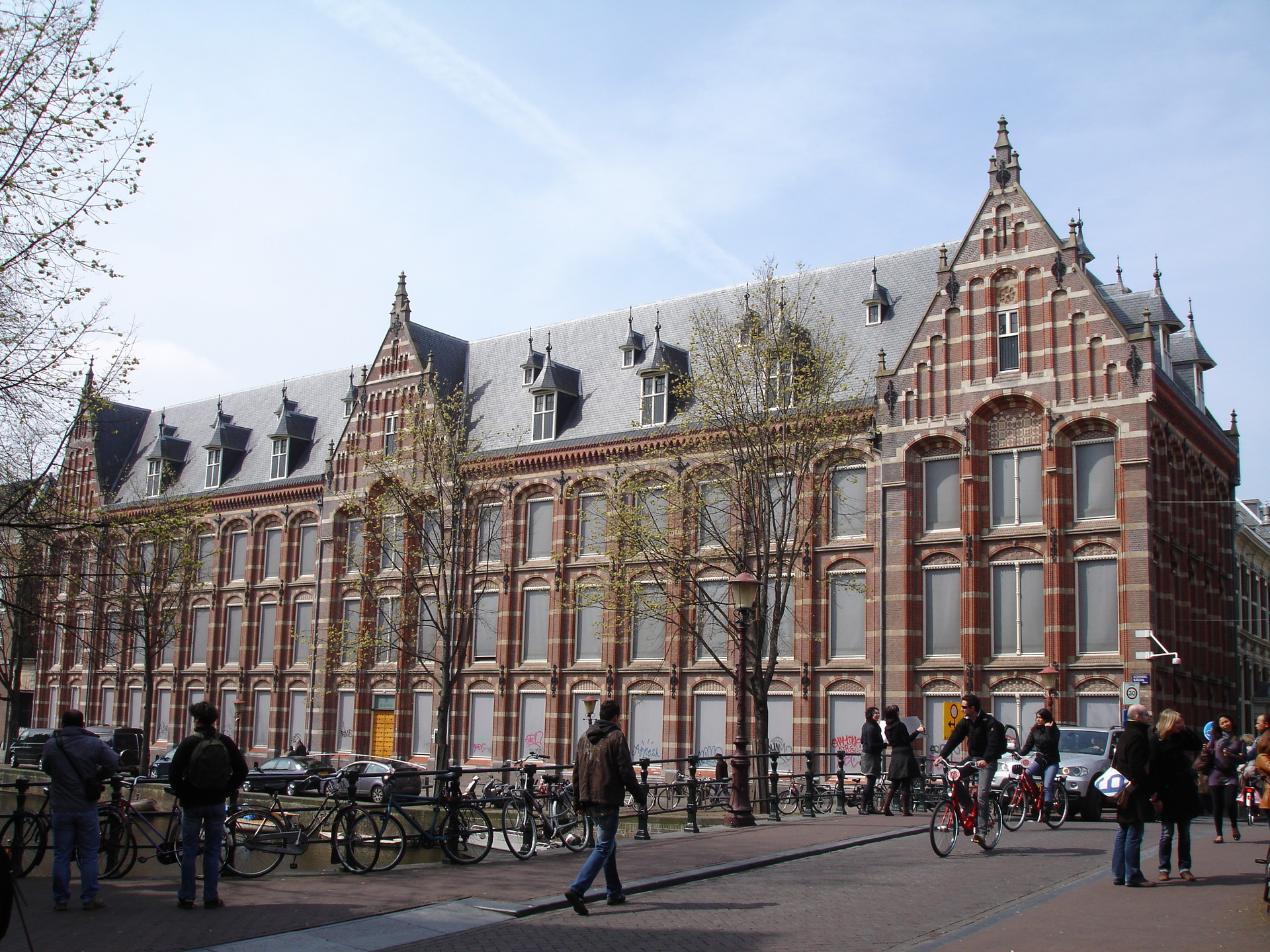
The University of Amsterdam has carved a reputation for language science research that spans formal theory to cognitive and computational approaches. Located in a multilingual environment, the department supports cross linguistic typology, field linguistics and experimental studies in speech and comprehension. Research institutes affiliated with the university focus on logic language and computation and on language and communication which encourages projects at the intersection of linguistics and artificial intelligence.
Students benefit from strong training in phonetics and corpus methods as well as from opportunities to work on language modelling and applied projects that feed into language technology and speech science. The continental European setting and partnerships across research centres make Amsterdam a natural base for scholars interested in comparative linguistics and collaborative international projects.
6. National University of Singapore Singapore

Situated in a multilingual city state, NUS offers linguistics programs that emphasize bilingualism language contact and language documentation alongside modern computational and corpus based methods. The department takes advantage of Singapore’s linguistic ecology to support sociolinguistics and typology research that has direct policy implications. Strong connections to computer science and data science enable growing work in natural language processing, multilingual machine translation and speech technology for under resourced languages.
For students aiming to study linguistics abroad in Asia while building skills that are in demand in industry, NUS provides practical training in applied linguistics, language teaching and language technology development. Research centres on bilingual acquisition, language policy and computational models of language keep the program aligned with current trends in language science and language technology.
5. University of Edinburgh United Kingdom

Edinburgh blends deep tradition in language scholarship with modern lab based research in phonetics psycholinguistics and language processing. The department is known for high quality work in sociolinguistics applied linguistics and speech science, and for integrating experimental methods with computational tools. Students can take part in language technology projects and interdisciplinary initiatives linking linguistics to cognitive neuroscience and artificial intelligence.
Edinburgh’s European location and partnerships across language centres offer rich opportunities for comparative fieldwork and for work on multilingualism in Europe and beyond. Graduates often move into research roles, language technology and education sectors where skills in corpus methods experimental design and data analysis are valued. The program’s balance of theory and hands on research makes it attractive to applicants who want both academic training and practical skills for modern language careers.
4. University of California Berkeley United States
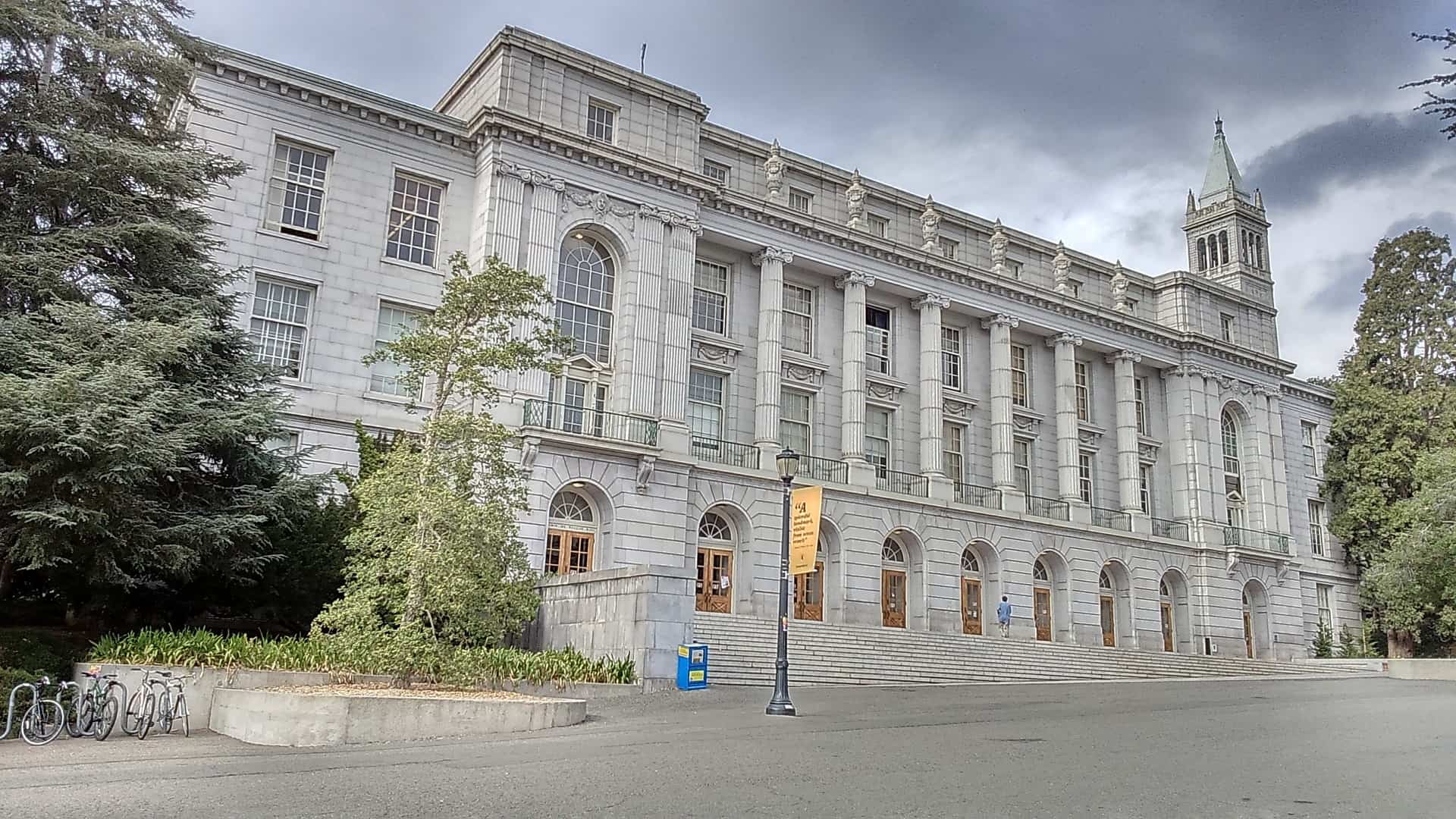
Berkeley’s linguistics program has a long standing reputation for excellence in phonetics phonology syntax and semantics while also pushing experimental and computational frontiers. The department hosts active research labs in syntax and semantics psycholinguistics and sociolinguistics and cultivates collaborations with computer science and cognitive science groups for work in natural language processing and computational modeling. Graduate training emphasizes methodological breadth from field methods and corpus analysis to experimental design and statistical modelling.
This prepares graduates for diverse roles in academia industry and public policy, especially where language technology, speech recognition and language documentation are priorities. Berkeley’s public research university setting and vibrant intellectual community attract scholars interested in language change variation and the cognitive basis of language.
3. Stanford University United States
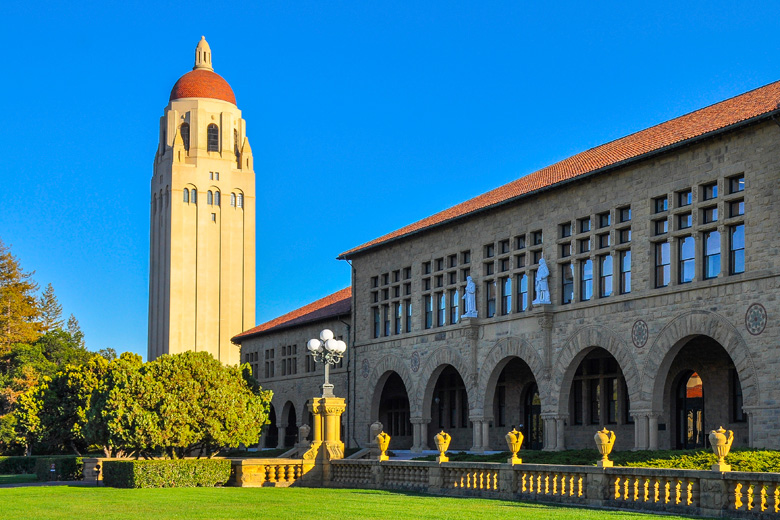
Stanford stands out for an integration of computational linguistics, machine learning and experimental language science. The department has long term strengths in semantics syntax and speech and offers robust programs that connect linguistics to artificial intelligence and natural language processing research. Students can work in computational labs tackling large language models corpus based language analysis and speech recognition.
Cross disciplinary collaboration with computer science, psychology and data science cultivates skills that are highly sought after in tech and research. Stanford also supports strong field based and experimental work in language acquisition and sociolinguistics, giving students a broad toolkit for research in human language and for roles in product teams that build language technology.
High research visibility and close ties to industry make Stanford a top choice for those targeting cutting edge work at the intersection of language science and AI.
2. University of Cambridge United Kingdom

Cambridge brings together theoretical and applied linguistics within a long standing language science tradition, combining rigorous theory with laboratory and field methods. The newly organised department emphasizes interdisciplinary research clusters that cover historical linguistics syntax semantics and language processing as well as computational approaches. Access to specialised facilities such as phonetics labs and computational resources supports projects in language evolution, neurolinguistics and language documentation.
The program’s structured supervision and a culture of close mentorship support strong doctoral and master’s level research output. Cambridge’s links across European language centres and archives enable comparative projects and collaborations that are important for typology and historical studies. For scholars who want a strong foundation in theory while engaging with current computational and experimental trends, Cambridge remains a global leader.
1. Massachusetts Institute of Technology United States
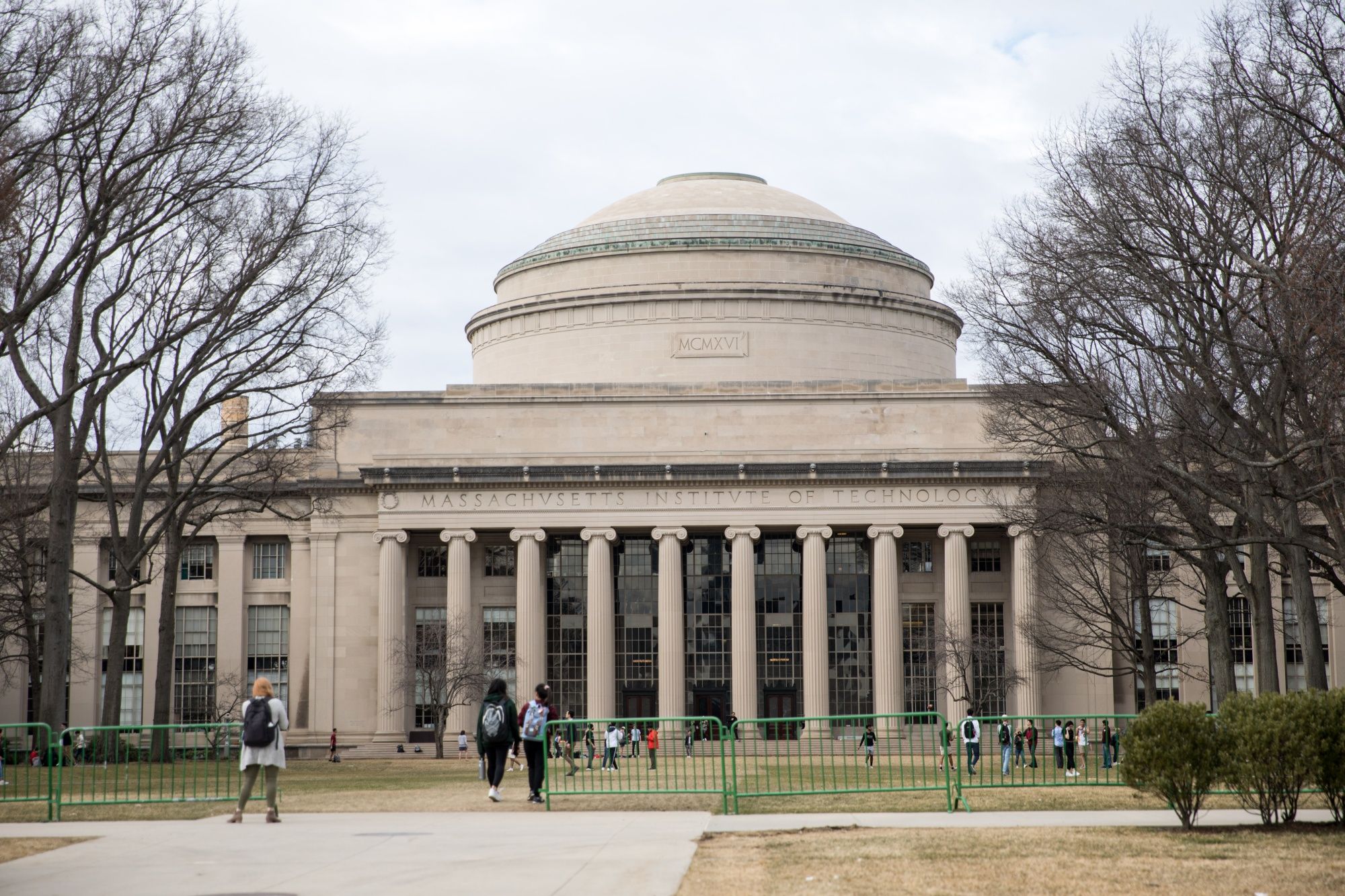
MIT retains a leading global reputation in linguistics by combining foundational theory with cutting edge work in cognitive science and computational linguistics. Faculty contributions to core areas such as syntax semantics phonology and psycholinguistics are highly influential, and research groups routinely interface with artificial intelligence and brain sciences to investigate language processing and representation.
The department supports advanced experimental labs, extensive computational resources and projects that feed into natural language processing, grammar engineering and speech science. Graduate students receive rigorous training in formal theory and empirical methods which positions them for top academic placements and for roles in language technology research in industry.
MIT’s visibility in research and strong collaborative networks make it the primary destination for applicants focused on theoretical innovation and applied language technology research in 2025.

